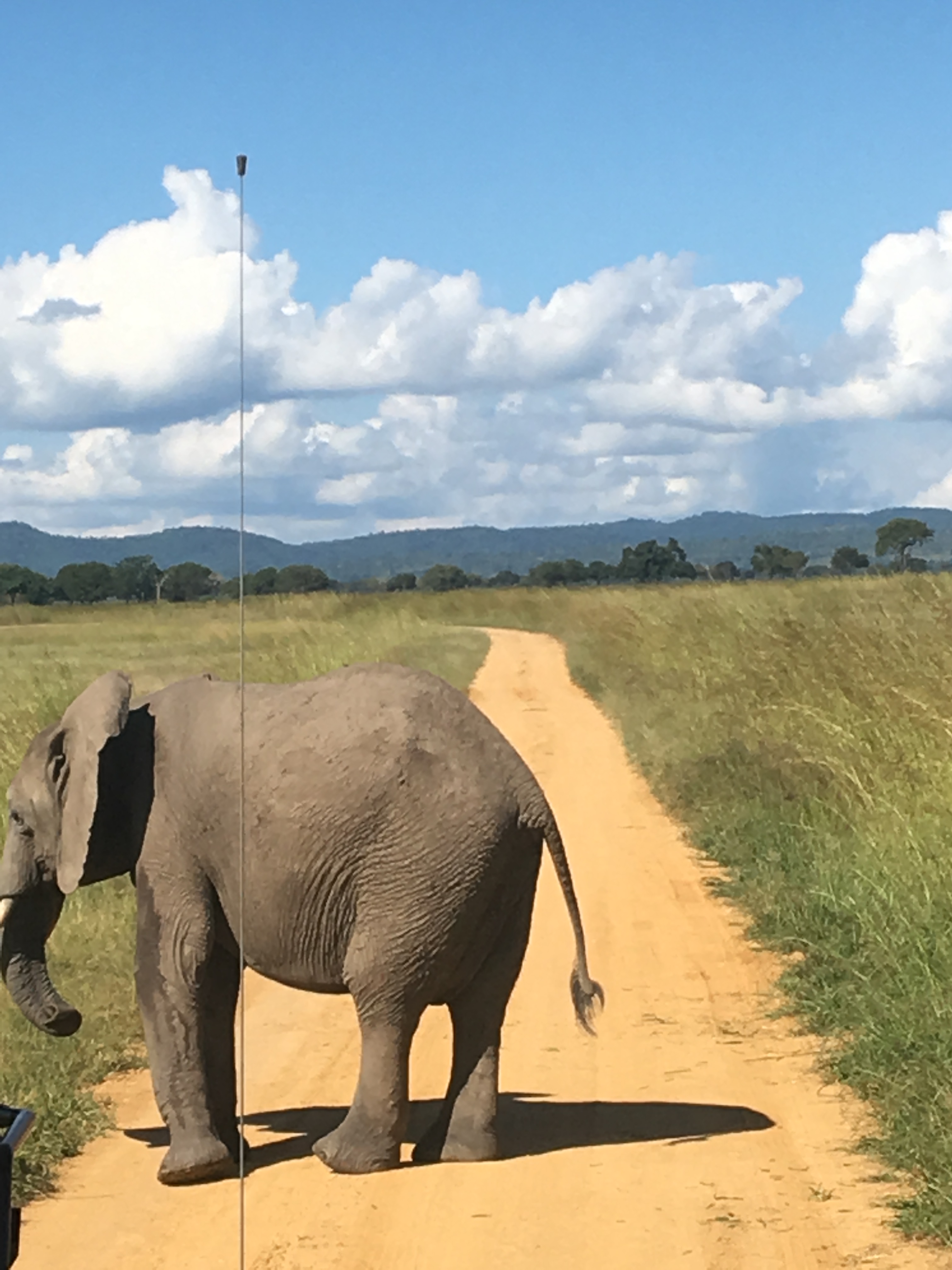As a black student studying abroad in Tanzania, I find that I have different experiences than my white peers. I assumed that I would be significantly more comfortable in my skin than I was in the States. In a reality dominated by Caucasians, I would finally be in an area with majority black people. The government, the institutions, the culture would all be defined by black people. In my first few days in Tanzania, I realized that that African culture is more diverse and complex than I ever could have imagined. As a result of my experiences, I thought it might be helpful to put together some tips for other black students who may consider studying in East Africa. However, most of these tips can easily apply to other students who aren’t black. These are in no way meant to be a reflection of what every black student will experience, but they might be helpful to consider before studying abroad.
Tips for being an African American student in East Africa
1. Do not assume you will feel at home just because you are in the “motherland.” I thought since I read some books and took some classes about black history that I would step off the plane and immediately get hit with the sensation of being home. In reality, I probably had to adjust to the culture change just as much as my white counterparts did. It never dawned on me that among height and skin color differences, my ancestors most likely came from West Africa. Many black Americans fall into the trap of romanticizing Africa without taking the time to actually learn about its history. I found that I had grouped Africa into one big unit and remained blissfully unaware of the hundreds (maybe thousands) of its various cultures. Tanzania alone has over 100 different ethnic groups. The point is, you might not feel as comfortable as you expected. You might even have a sense of privilege because you were born in the States and not in Africa. Keeping a journal was a great way to work through my feelings. It might not be a requirement for your program, but I highly recommend using one. Studying abroad throws so many experiences at you that you might not remember the little things if you don’t write them down. I looked back at what I wrote even two weeks ago and was surprised at how much more I’ve learned.
2. Read up on some African history before you leave the States. This tip is an extension of tip #1. It’s not enough to recognize that Africa is a broad and diverse continent; learn about the cultures specific to the place you are going to. At the least, learn the appropriate greetings before you arrive in a new country. I made the mistake of saying “Mumbo” to an elderly man. For those not familiar with Kiswahili, “Mumbo” is the equivalent of “Hey” or “What’s up.” I wondered why the man gave me a very disapproving look and didn’t acknowledge my greeting. It turns out I said the wrong greeting (which is considered disrespectful). If I had done my research, I would’ve known that “Shikamoo” is how you greet elders in Tanzania. This tip is important for every student studying abroad, but it is essential for black students in Africa. Many times, you will be the first African American that local people interact with. You want to make a good impression on people you meet because you represent all of us.
3. Look for similarities between the local culture and yours. As I said in an earlier post about food, I eat a lot of greens here. They remind me of the collard greens my grandmother occasionally cooks. And the beans and cornbread she loves to eat so much is a main staple in Eastern African cooking. As I continue my program, I notice similarities between Tanzanian people and the black people I know at home. It’s so interesting to see how certain widespread aspects of African culture influenced ours. You may read about heritage in a history book, but it is a completely different and humbling situation to experience it firsthand. You don’t have to analyze every single thing, but pay attention to the little things you notice (and write them in your journal). You will be glad you did.

A waterfall we hiked to in the Udzungwa Mountains.
4. Speak to as many people as you possibly can. In smaller towns and villages, everyone speaks to each other. If you walk past someone without acknowledging them, it is considered very rude. This might not be the case in every situation, but still take the time to speak to people. This goes hand in hand with tips #2 and #3. Besides appearing to care about local culture, speaking to a variety of people is a great way to learn more information about where you’re staying. Most of the people I’ve meant are very open to having conversations. They even try to teach me more Kiswahili when I don’t understand what they said. It’s a great way to step outside of your comfort zone and get more out of your experience abroad.
5. Take a moment to appreciate where you are. I realize I have a great opportunity to study in an African Ecological Monitoring Center in a National Park. Not many people can say the same thing. The program is challenging, but I can look outside the window and see monkeys jumping through the trees. I can take a hike up a nearby mountain and see elephant footprints and their markings on the trees. Earlier this week I had the opportunity to go on a three day safari trip in Mikumi National Park. If you get stressed out, take a moment to look around. Remind yourself where you are.

An elephant in the middle of the road in Mikumi National Park.
Here’s the last and most important tip: Enjoy yourself!



